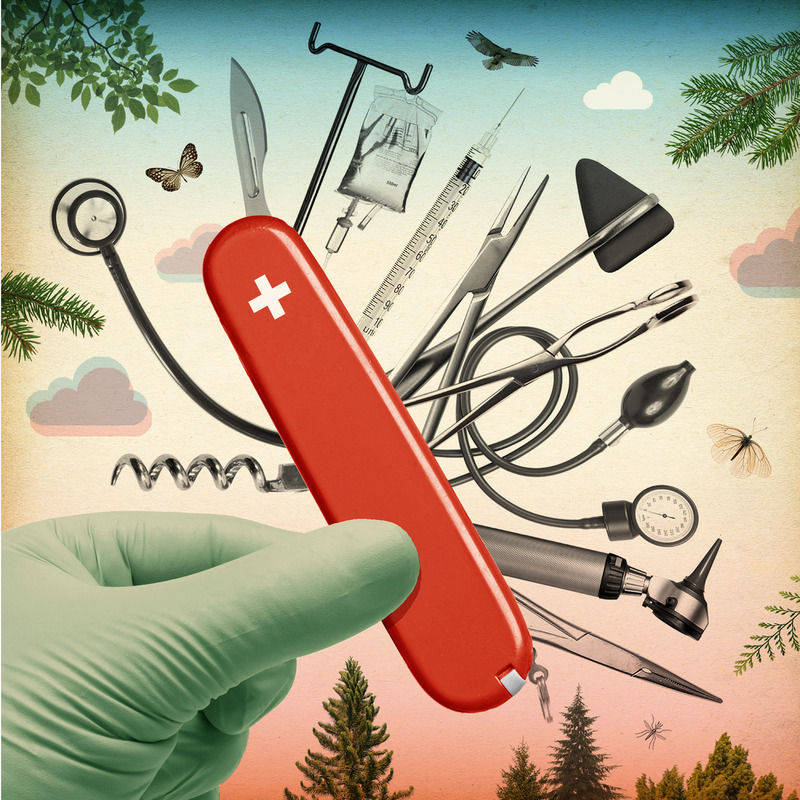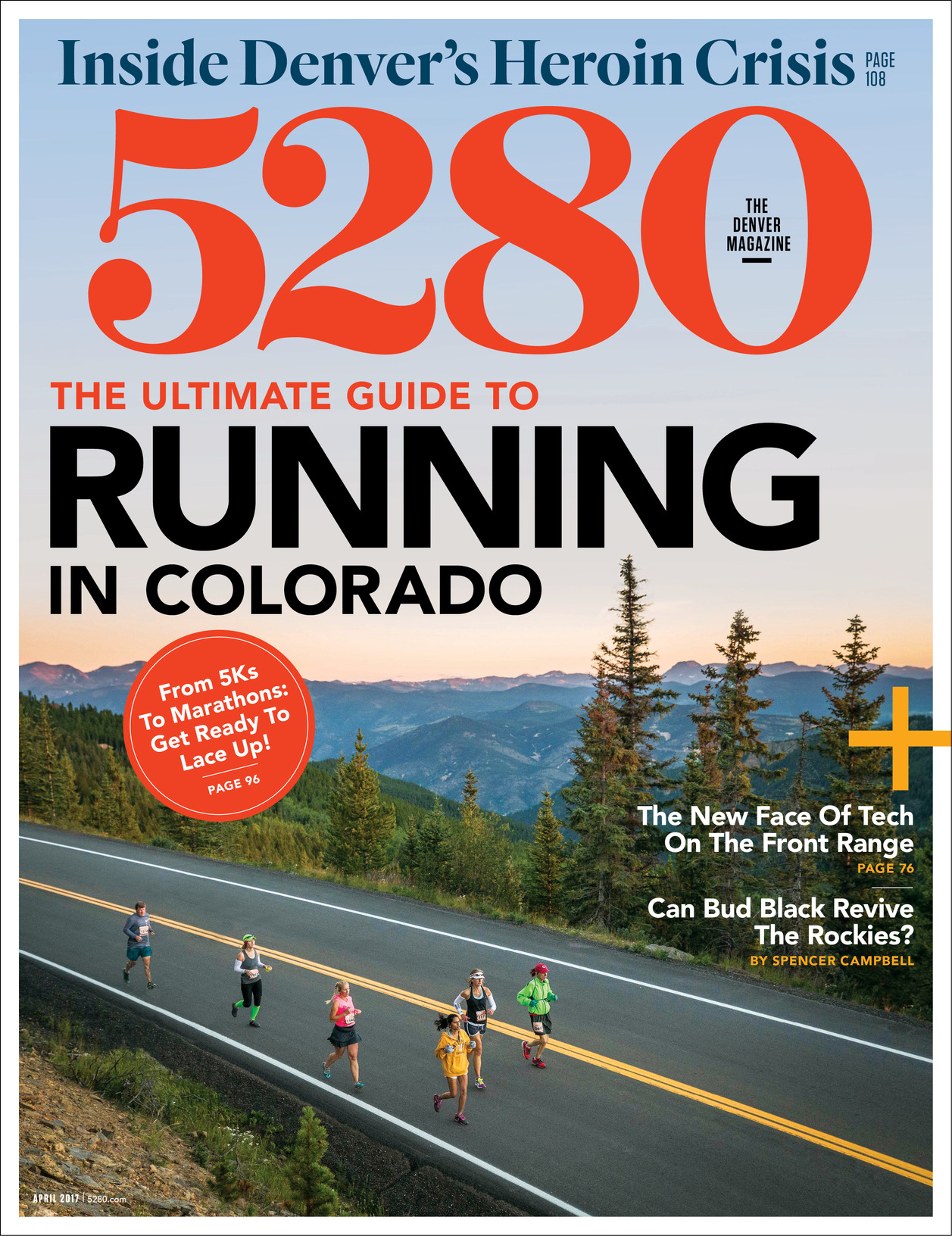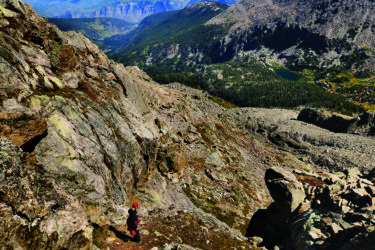The Local newsletter is your free, daily guide to life in Colorado. For locals, by locals.
Originally designed to certify trail guides and emergency personnel, wilderness first aid (WFA) and first responder (WFR) classes are increasingly filled with recreationists. As high-quality gear becomes lighter and cheaper, more people have begun to venture into the backcountry on their own—and, fortunately, many understand the need for survival skills. If you’re prepping for fourteener season, consider adding a WFA or WFR session to your training regimen. Although all the classes require a commitment of at least 16 hours, they’re well worth the time and effort if you’re serious about exploring our state’s pristine yet unpredictable landscapes.
1. Desert Mountain Medicine
Commitment: 16 to 24 hours
Ideal for the novice explorer, this WFA session ($200 to $215) in Keystone highlights the differences between medical treatment in the woods and in urban areas. For instance, standard CPR training has mostly done away with mouth-to-mouth breathing, but this class includes it because so many adventures take place at higher elevations, where chest compressions alone won’t do.
2. Kling Mountain Guides
Commitment: 20 hours of pre-course prep; 45 hours of training
The required reading before you even show up for this five-day Telluride WFR course ($750) might feel a little onerous—but not when you consider it reduces on-site instruction, which typically lasts 80 hours, by nearly half the time. Licensed paramedics and physician assistants serve as lead instructors, teaching advanced skills like stabilizing spinal injuries and reversing the effects of poisons.
3. Apex Mountain School
Commitment: 80 hours
Based on the decades-old principles of Stonehearth Open Learning Opportunities, Apex’s weeklong WFR class ($715) near Camp Hale is comprehensive, to say the least. Certified instructors use classroom lectures and outdoor simulations to delve into everything from how to regulate your body temperature in extreme heat and cold to the legal issues of providing aid to a fellow explorer.
Build a better first-aid kit:
Gloves made of synthetic rubber instead of, say, latex (a common allergen)
CPR mask
Gauze and waterproof bandages
Tweezers for removing splinters or ticks
Ibuprofen or acetaminophen









